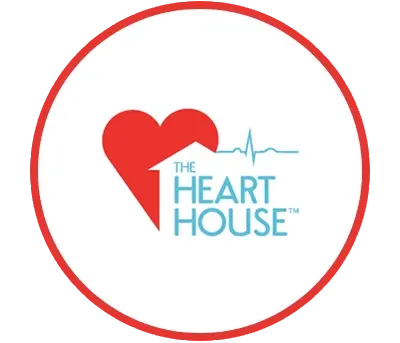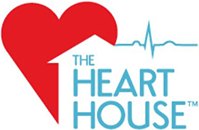Preparing for a Nuclear Stress Test
What Does a Nuclear Stress Test Show?
- Areas where blood flow to the heart muscle is reduced or blocked. This can indicate coronary artery disease.
- The detailed images produced allow your doctor to diagnose heart conditions and determine the best treatment options for you.
- If areas of the heart are receiving enough blood flow and oxygen.
- Whether heart muscle tissue is still viable or is scar tissue from a prior heart attack.
- How well your heart is able to respond to the stress of exercise.
- How well heart chambers and valves are working.
How To Prepare for the Nuclear Stress Test
Proper preparation is important to ensure your test goes smoothly and produces clear results. Here are some tips:
- Do not eat or drink anything with caffeine for 24 hours prior to the test.
- Avoid taking medications containing theophylline for 24 hours before the test.
- Take any other medications only as instructed by your doctor. You may need to hold some doses until after the test.
- Inform technicians of any medical conditions and all medications you take.
- Arrive on time and do not eat for 4-6 hours beforehand.
- Expect to be at the test for 3-6 hours from start to finish.
- Wear comfortable walking shoes and loose clothing to exercise in.
What To Expect During the Nuclear Stress Test
When you arrive, an IV line will be inserted to inject the radioactive tracer material. You'll wait about an hour for it to circulate before imaging begins.
Next, you will either walk on a treadmill or be given medication to make your heart work harder and mimic exercise. Your blood pressure and heart rhythm will be monitored throughout.
When your heart rate reaches target levels, a nuclear imaging camera will scan your heart to see blood flow under stress. More images will be taken later of your heart at rest. You may need to wait as additional images are taken over the next few hours to allow the tracer material to clear from your heart. The test usually takes 3-6 hours total.
After the Nuclear Stress Test
After the test, be sure to drink plenty of fluids to help flush the tracer material from your system. You may be advised to avoid close contact with infants and pregnant women for the next day. Results will be analyzed and may take a couple days to get your full test results. Your doctor will go over the results with you at a follow-up appointment.
Let your doctor know right away if you experience any concerning symptoms like chest pain, shortness of breath, dizziness or heart palpitations after your nuclear stress test.
Careful preparation and following your doctor’s instructions will help ensure you have a smooth nuclear stress test experience and get the most accurate results. Let your doctor know if you have any other questions before your appointment.
Photo Gallery
Video Gallery
Testimonials
Photo Gallery
Meet Your New Jersey
Cardiovascular Physicians
In Search of Care? Request a Consultation Today










